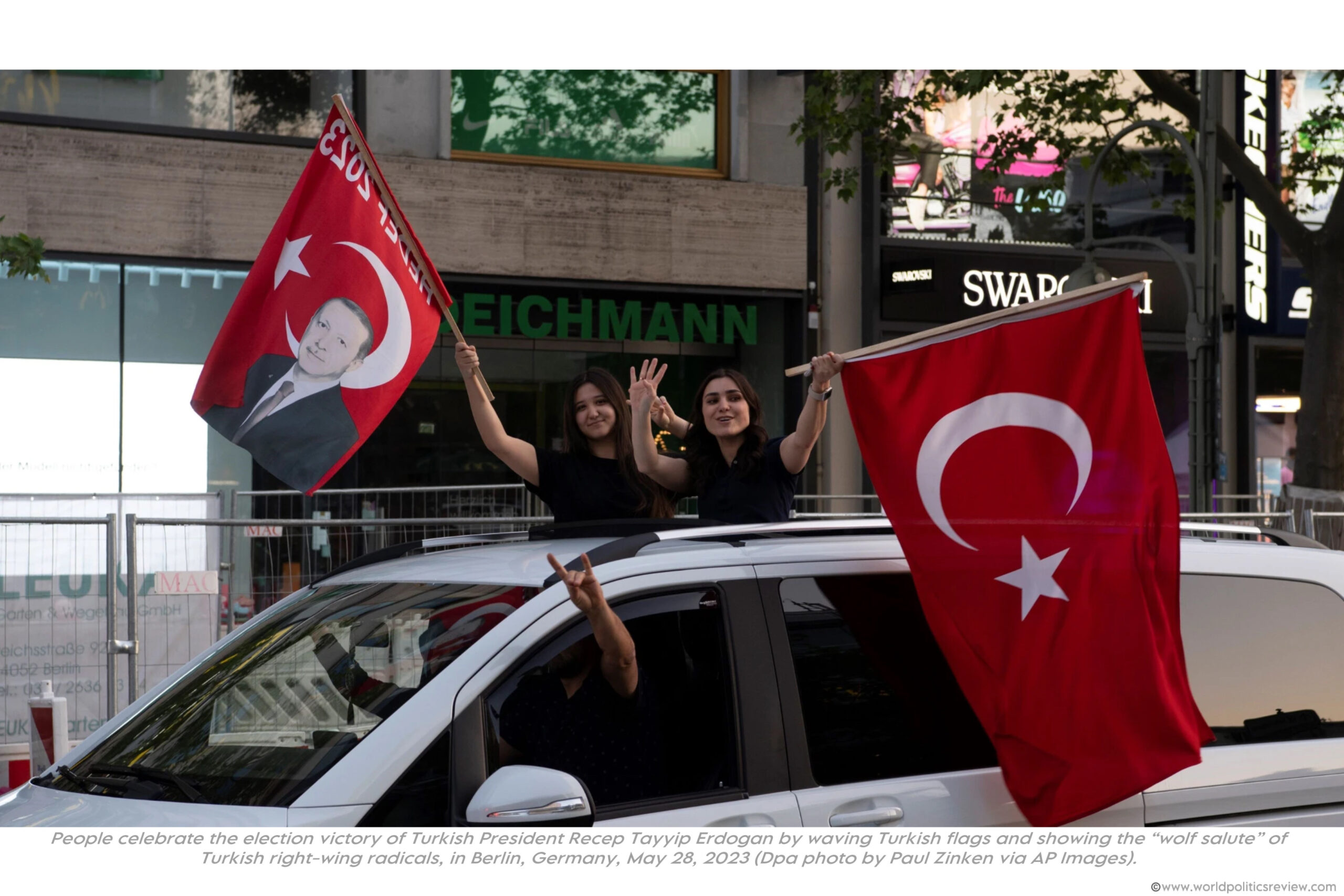By C_sar G. Soriano LONDON – Outspoken London Mayor Ken Livingstone may not be reporting for work Wednesday at the city’s egg-shaped town hall on the banks of the River Thames. Unless he appeals successfully, he will sit at home, serving a four-week suspension for comparing a Jewish journalist to a Nazi concentration camp guard. The mayor – a veteran of many foot-in-mouth controversies – had argued he was exercising his freedom of speech. The Adjudication Panel for England ruled against him Friday and found the mayor guilty of bringing his office into “disrepute.” Livingstone has refused to apologize. The suspension “strikes at the heart of democracy,” he said. Newspapers from several countries have asserted a right to free expression – and inflamed Muslims worldwide – by publishing Danish cartoons that depict the prophet Mohammed. At the same time, European courts, lawmakers and religious groups are pressing for limits on expression. In recent speech cases: _An Austrian court last week sentenced British historian David Irving to three years in prison for denying the Holocaust in a 1989 speech. Prosecutors are asking the court to lengthen Irving’s sentence. Ten European countries, along with Israel, have laws against denying the massacre of Jews by Nazi Germany in World War II. _A German court on Thursday convicted a 61-year-old businessman of insulting Islam by selling toilet paper printed with the word “Quran,” the name of Islam’s holy book. The man, identified in court papers only as Manfred van H., also referred to the Quran as a “cookbook for terrorists.” _Britain’s House of Commons on Feb. 15 approved a ban on speech and writing that glorifies terrorism. _Nick Griffin, leader of the right-wing British National Party, was acquitted Feb. 2 on charges of using hate speech for describing Islam as a “vicious, wicked faith” and comparing immigrants to cockroaches. _British lawmakers on Feb. 1 rejected Prime Minister Tony Blair’s proposed law against insulting religions. Among the critics of the bill was comic actor Rowan Atkinson, who plays Mr. Bean on TV and in movies. He argued that the bill would have curtailed the work of entertainers. _A British tour of the hit musical Jerry Springer – The Opera was delayed for a year and has suffered poor ticket sales, producers say. A religious group, Christian Voice, has organized protests against the tour. Christian Voice says the play is blasphemous and an insult to Christians because it contains foul language and depicts Christ as a guest on a daytime TV show. Europe’s view of freedom of expression is “less absolute” than the view in the USA, where First Amendment speech guarantees are broad, says Daniel Simons, legal officer for Article 19, a London-based human rights group that defends freedom of expression around the world. “Americans are more distrustful of the government and concerned about government limitations on freedom of speech,” Simons said. “Europeans feel freedom of expression is one value, but respect the legitimate need to protect the feelings of other people. I suppose the experience of World War II has led people to be more concerned about racism.” In an interview with the BBC earlier this month, Agnes Callamard, executive director of Article 19, said free speech guarantees put the United States at one extreme and governments that practice censorship at the other. Europe is in the middle, she said. In most European countries, the state “attempts to strike a balance between the right to freedom of speech and the right to equality, and therefore freedom from discrimination,” Callamard said. Many of the objections to “anything goes” free speech have been raised by religious groups. “With freedom of speech comes responsibility. And one has to be sensitive to the people within a society, so there are limits to what can be said,” said Jon Benjamin of the Board of Deputies of British Jews, the group that brought the complaint against Livingstone. Even Amnesty International, a longtime advocate of freedom of expression, has called for laws that prohibit “hate speech” following the Danish cartoon flap. Keith Porteous Wood, executive director of the London-based National Secular Society, says he is worried about the chilling effect of limiting speech, especially when it is the result of pressure from religious groups. Wood’s group has lobbied against government restrictions on speech. “Most of the objections are coming from Islam,” he said. “It’s a very worrying development because the freedom of speech is an enlightenment value that Europe must cling to. In the end, it’s the best defense against religious extremism and (best way) to resolve questions in a peaceful way.”
Europe Struggles To Balance Free Speech, Limits On Expression






